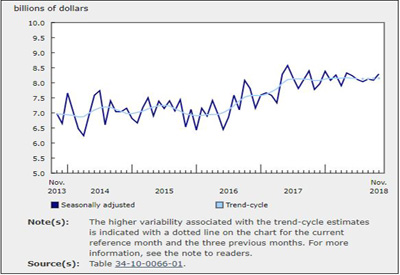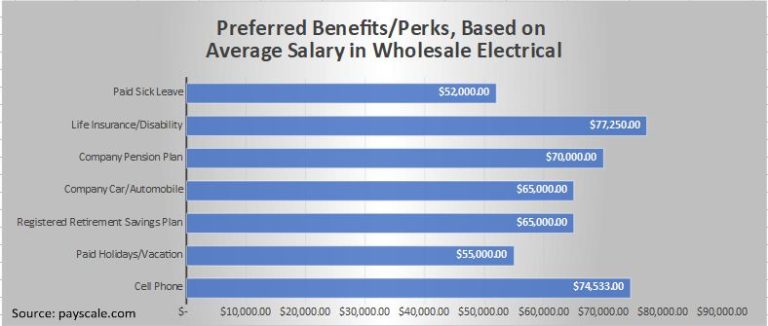Saying It and Meaning It

A fistful of thanks. How are you? I’m sorry. Thank you.
We say these things every single day… well… maybe we do not say “I’m sorry” every day, but we probably need to. My bigger point is that we say these every day and the question is: Do we mean it?
When you ask someone, “How are you,” do you care? Do you listen?
I speculate that many people ask this question because they think it is polite. My stock answer is, “I can’t complain (short pause), nobody listens.” My favourite response is when people say, “Oh good.” The irony is completely lost on them. All I can do is chuckle to myself and walk away, head shaking. Sometimes I get an “Ohhhh… I’ll listen.” Or they pause a minute to register what I said and then they laugh. In the case of “I’ll listen,” those folks are actually listening. When I get a laugh, marginal listening turns into comprehension. In the latter cases, we made a connection, no matter how small.
“How are you” is easy. It is trite. It is without commitment. It frequently fakes empathy. It fills space without adding value. Asking this questions implies that we care about what the other person thinks, feels, believes. If we do, great! If we don’t care about the answer, why do we ask the question? Better that we ask questions and make statements that produce results, answers or other questions that we care about. Being in sales, perhaps that question is ,“How can I help you?” Or “How can I solve your problems today?” Or “What questions, problems or opportunities are facing you?”
Saying “I’m sorry” is uncommon. A heartfelt apology is an especially rarified event. Perhaps it happens less frequently because it is much harder to say, whether we mean it or not. Saying “I’m sorry” indicates some level of responsibility. A mea culpa resulting from our own behaviour. If we are saying it in response to how someone else is feeling we do not have much buy-in. “I’m sorry to hear that” could actually be a true statement… “Gosh, I wish I didn’t have to hear that.”
We should not fear this statement. It is a powerful statement. When spoken truly, it shows both power and vulnerability. It shows care, concern, compassion, and courage. Being strong enough to utter a heartfelt apology opens us up to being hurt. Saying sorry admits a fault of some sort. Admitting fault shows weakness, or so we perceive. It is the mature, secure person that can say “I’m sorry” and back it up with both emotion and action.
Sometimes our customers deserve to hear a heartfelt apology. There are situations in which it is not our fault, but it is our responsibility. No matter whose fault it is, either ours or the factory’s (or even a distributor’s) it is the responsibility of the rep to issue a true-blue apology and make the situation right. As reps, we are the face of our manufacturers in our territory. If we are doing it right, our customers for all intents and purposes think of reps as the factory. As it should be. Reps are representing. Representing our factories. When there is a foul up, our customers do not care who caused it. They DO care that the problem gets fixed. And an honest, full-throated apology is a good start to fixing it.
We say “thanks” all the time by rote. For a door held open, an order received or luggage handled. We seldom say it for sacrifices made by our parents (or partners or kids), life lessons shared by our friends or loved ones, or pride instilled by our child.
There will be times when we are not comfortable saying thank you, like when someone pays us a compliment. We brush it off, often times embarrassed that someone has noticed us enough to comment. Even when we have worked hard at the gym, or the library, or office to get results that are now being noticed. We earn the compliment and yet refuse the payment by brushing aside the kind words and diminishing our work as much as their recognition of it.
Saying “Thank you'” like you mean it is an act of appreciation as much as an act of generosity. You give the speaker the power to make you feel good. You validate their powers of observation. You allow yourself to receive recognition for your efforts. Take the compliment. Cash this verbal cheque. Take your efforts to the emotional bank.
Accepting a compliment is far easier than realizing the deepest levels of thanks we owe to people that have given us intangibles… values, guidance, courage, love.
Life is short. Speak the thoughtfulness that’s in your heart. Say it like you mean it! Say it often!
Karen L. Jefferson CPMR CSP is the Executive Director of MRERF and likes reps, manufacturers and words. She was able to say all these things, and mean them, to her mom through 36 months of caretaking before her mom’s death in 1997. Both Karen and CEMRA truly care about how you are. CEMRA brings its members a unique opportunity in the form of professional development opportunities from MRERF, a charitable education foundation. MRERF brings together reps, manufacturers and distributors in 17 different industries to share best practices. Learn more at www.MRERF.org. This article originally appeared on the MRERF blog October 1, 2014.










